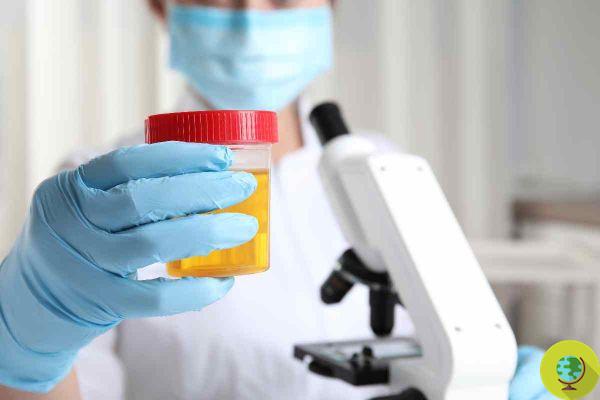
Some bacteria in urine could be an important signal of risk of developing aggressive prostate cancer, according to new research. A step forward in research that could favor the development of new screening and prevention tools.
Don't store avocado like this: it's dangerous
Scientists claim to have identified the urine bacteria which are related to the risk of prostate cancer.
The discovery could provide new ways to detect, and even prevent, these dangerous cancers. Obviously, it is too early to tell whether these bacteria can cause cancer, rather than just being a useful marker.
The University of East Anglia team, which came up with the bridging plan, worked harder to see if eliminating the infection could prevent malignant tumors.
Bacterial infection is known to play a role in the development of other cancers: for example, an insect called H. pylori is known to trigger the stomach cancer, but a course of antibiotics can eliminate this risk.
Prostate cancer is not always life-threatening; some grow too slowly to cause problems, and can simply be monitored constantly.
The challenge is to quickly diagnose and treat patients who have aggressive, rapidly growing ones.
(Read also: Prostate Cancer: Exposure to PFAS and a high-fat diet increase the risk of cancer )
A systematic review
For this latest study, published in the journal European Urology Oncology, the researchers analyzed more than 600 patients with and without prostate cancer to assess how useful the bacterial urine test was.
They identified five types of bacteria that were common in urine, and in tissue samples from men whose tumors eventually became aggressive.
Research team's Dr Rachel Hurst said:
Among the things we don't know yet is how people collect these bacteria. But we hope our findings and future work may lead to new treatment options, which could slow or prevent the development of aggressive prostate cancer.
According to the researchers, it is possible that some of these bacteria produce hormones which drive the development of aggressive tumors.
More studies are needed to establish how these bacteria are involved in prostate cancer growth, but this research could help lead to new screening and prevention tools which would help reduce the social impact of this disease.
Follow us on Telegram | Instagram | Facebook | TikTok | Youtube
Photos: European Urology Oncology
Could it be interesting for you:
- Prostate cancer and pesticides: ANSES scientific report confirms the correlation, especially with chlordecone
- Eating mushrooms reduces the risk of prostate cancer
- Supplements: Beware of this popular mineral, it can increase the risk of prostate cancer if taken in excess
- Prostate cancer: Too many selenium and vitamin E supplements would increase the risk
- Prostate cancer caused by chlordecone has been recognized as an occupational disease in France
- This supplement, especially popular in pregnancy, can increase the risk of prostate cancer by 163%


























